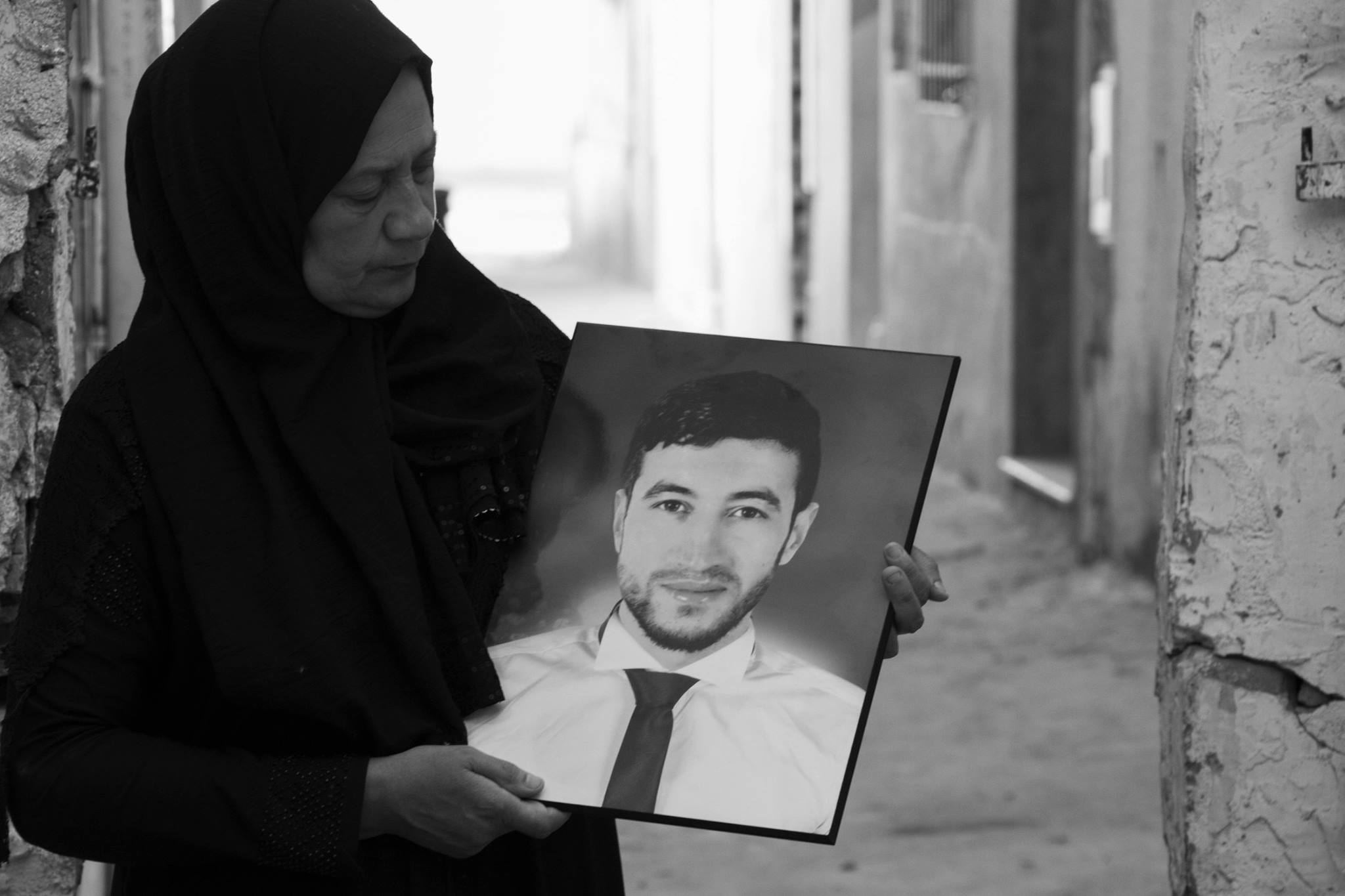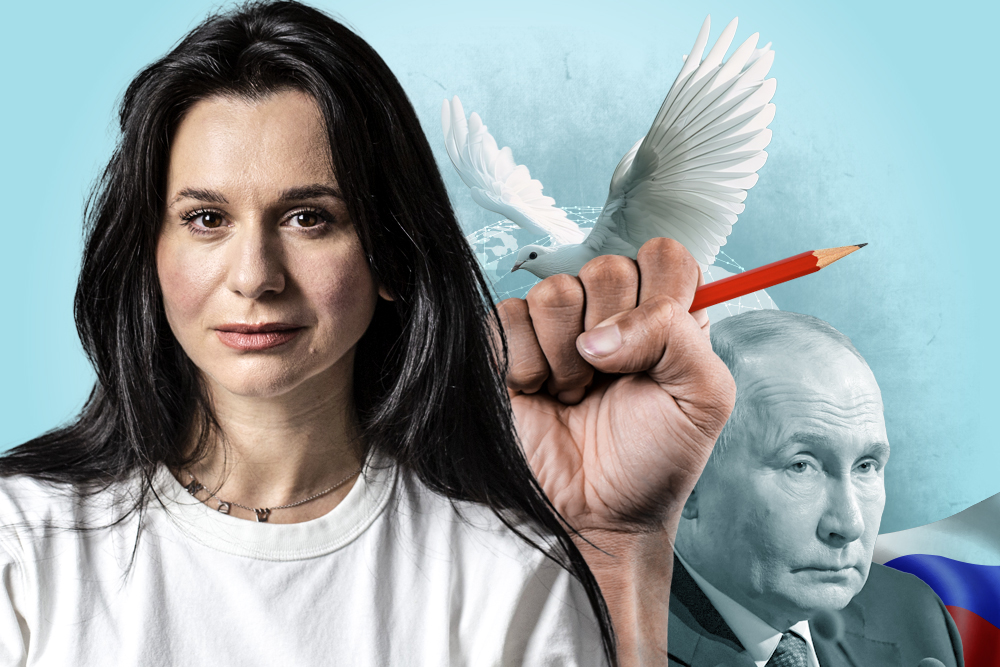Amal Mekki: my battle against the Tunisian authorities and the cost of truth

When our reporter Amal Mekki won a legal victory against Tunisia’s Ministry of the Interior in 2018, she was optimistic about enhancing access to information in her country. As a SWI swissinfo.ch journalist observing from Switzerland, she now realises that one judicial decision alone cannot transform reality.
When I entered the Tunisian Ministry of the Interior that day, I asked a police officer: “I’m a journalist, and I’m here to submit a right-to-information request. Who should I give it to?” His reaction spoke volumes about the reality of this newfound legal right, established by law in March 2016, but no journalist had yet utilised it. He laughed, calling over his colleagues mockingly, “Come and hear this! She says ‘right to access information’! What access, what information? Ha!”

More
Press freedom under attack: our journalists bear witness
That was in July 2018. Three months later, I became the first Tunisian journalist to win a right-to-information case against a minister – not just any minister, but the Minister of the Interior. The Access to Information Authority, which has judicial powers, issued a decision in my favour.
Submitting my request at the ministry was part of the “confrontation phase” of an investigative reportExternal link I had been working on for months. It concerned the interior ministry’s use of an administrative border control measure that had barred about 100,000 Tunisians from travelling without judicial orders, according to figures from rights organisations.
‘A public demand’
Over several months I travelled to various Tunisian governorates, speaking to more than 35 people affected by the border measure and numerous lawyers, judges and civil society activists. I documented violations of the right to freedom of movement in 11 cases.

Knowing the topic’s sensitive nature and that no other Tunisian journalist had taken advantage of the right-to-information law, I requested the statistics related to the border measure “S17” and its distribution across regions, referring to the related law.
A ministry employee received my request that day. I returned home, unaware of the storm that was brewing. I waited for the deadline to respond to my request before publishing the investigation. When the response didn’t arrive on time, I filed a lawsuit against the ministry at the Access to Information Authority.
The publication of the investigation on October 24, 2018, triggered a massive reaction on social media, in the press, and at the official level. The issue of tens of thousands of Tunisians being deprived of their right to movement became a primary topic on radio and television programmes for weeks. While I was approached by various private media outlets in Tunisia and abroad to talk about the investigation, mainstream media completely ignored me. Friends and colleagues sent me links to public broadcast programmes discussing my investigation without inviting me or even mentioning my name.

In November, another development occurred. The then Minister of the Interior acknowledged in parliament the need for several measures, including the immediate cessation of using the S17 measure inside the country, describing it as “a public demand”. The measure would be lifted for thousands affected in the coming months and years.
The story goes on…
However, that was not the ministry’s only response to the investigation. I later learned that it had challenged the Access to Information Authority’s decision in administrative court. To this day, I’m unaware of the court’s decision. It might have avoided making a ruling to prevent embarrassment, as I had also filed a complaint against the court itself for failing to provide me with information in the context of the same investigation. Perhaps the court issued a ruling but didn’t inform me. Maybe it did, but their correspondence was lost!

Since publishing the S17 story, the Ministry of the Interior has stopped responding to my requests for information or interviews. A year later I wrote to them, reminding them of Article 31 of the Tunisian Constitution, which guarantees freedom of the press and access to information.
Despite seemingly being blacklisted at the time for my “brazenness” in demanding information, my situation remains better than that of many colleagues in Tunisia today. Most human rights reports indicate a decline in the country’s press freedom index.
Perhaps the Access to Information Authority’s decision has laid the groundwork for a legal doctrine in Tunisia that secures journalists’ right to information. However, as I now observe the state of Tunisian journalism from afar, I can only acknowledge the “prescience” of that police officer who sarcastically asked, “right to access information! What access? What information?”
Edited by: Benjamin von Wyl/ts

More
Elena Servettaz: ‘My question to Putin put my husband at risk’
More

In compliance with the JTI standards
More: SWI swissinfo.ch certified by the Journalism Trust Initiative


You can find an overview of ongoing debates with our journalists here . Please join us!
If you want to start a conversation about a topic raised in this article or want to report factual errors, email us at english@swissinfo.ch.